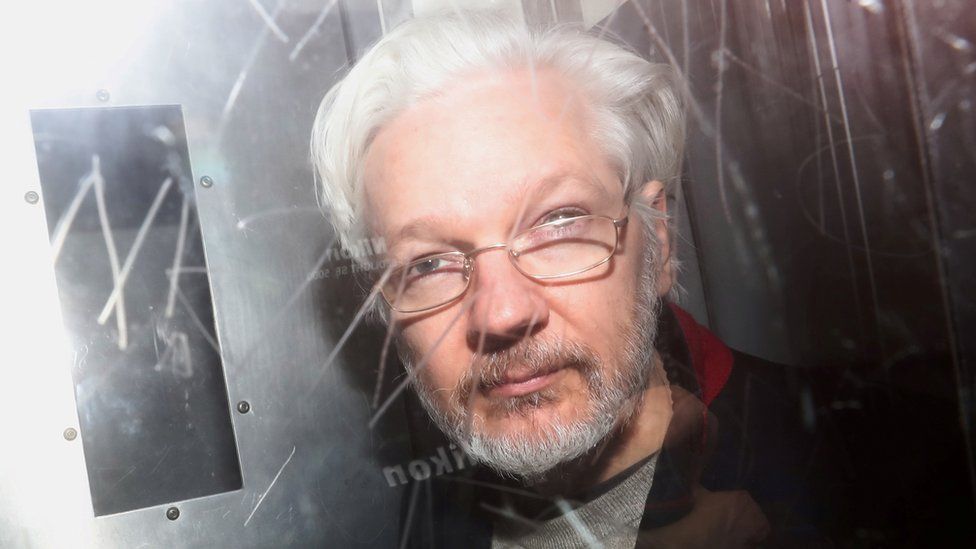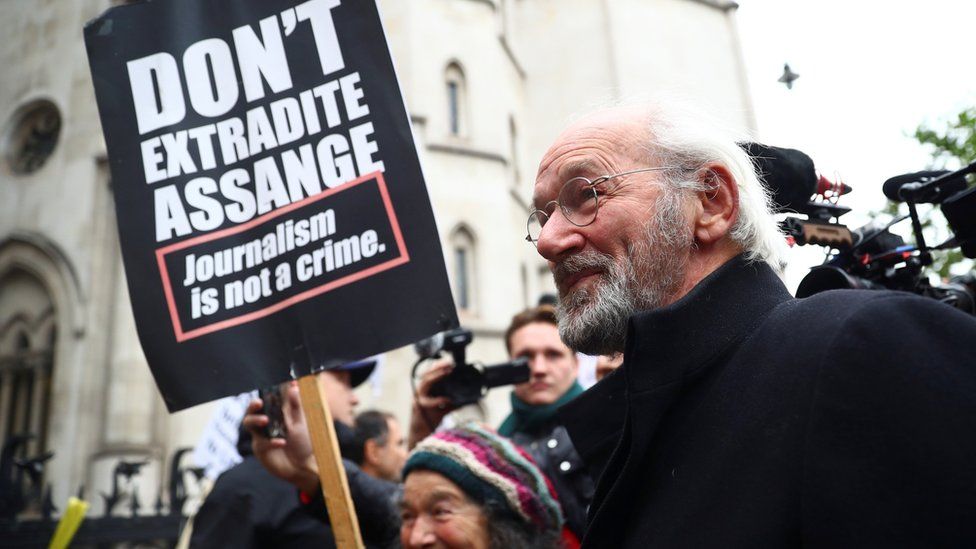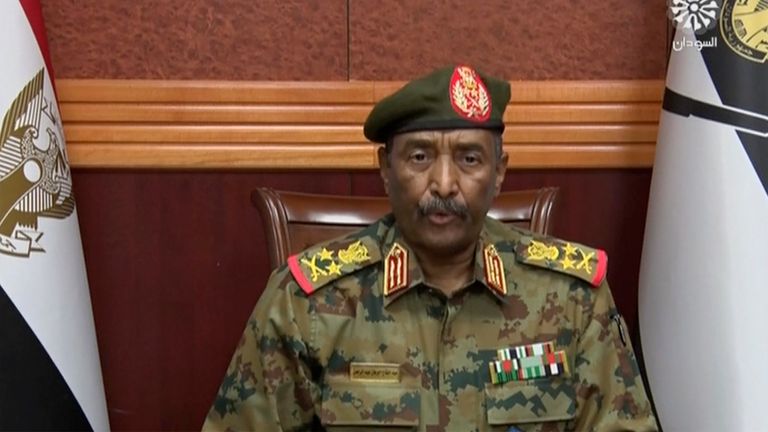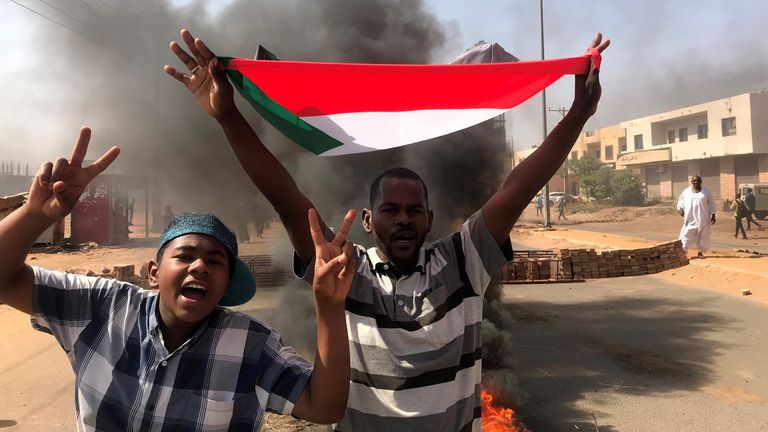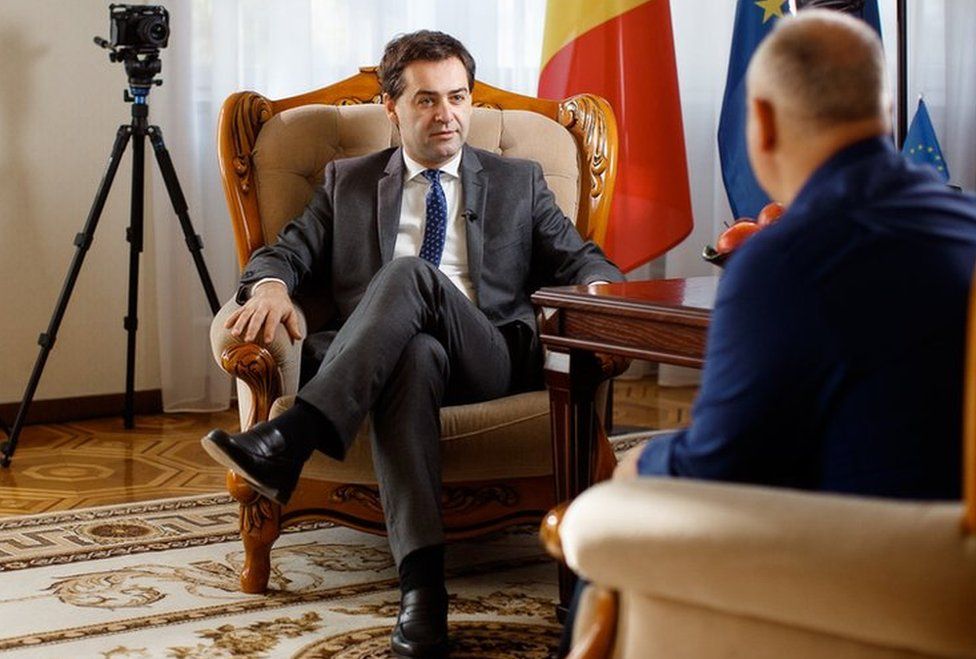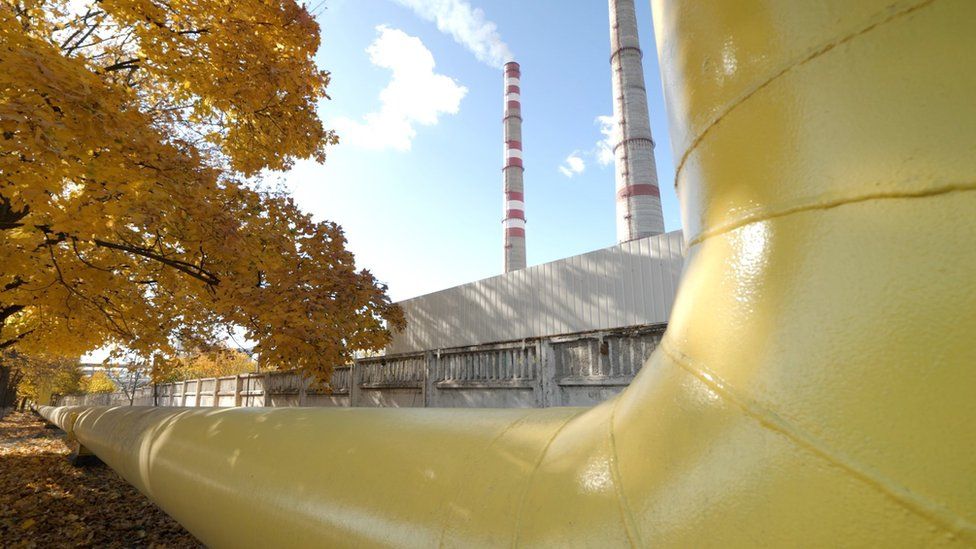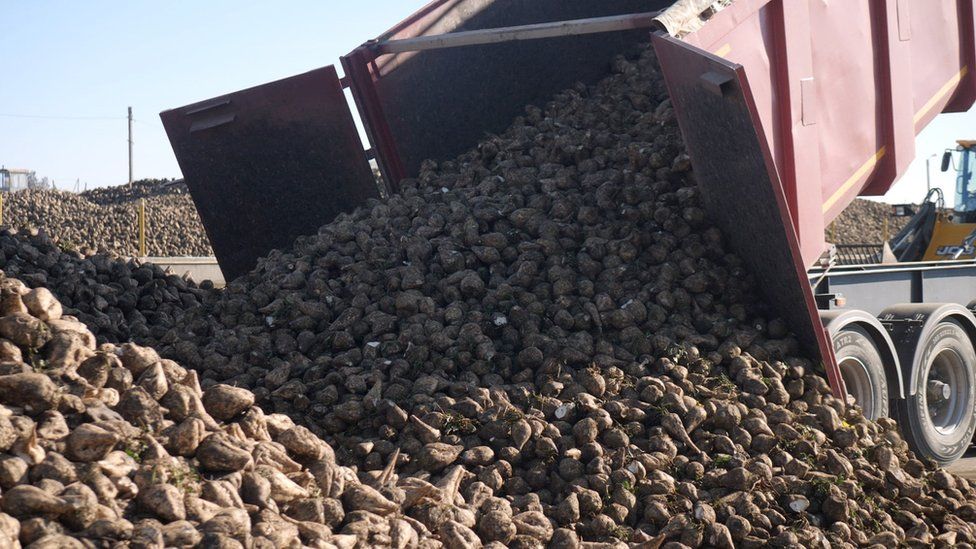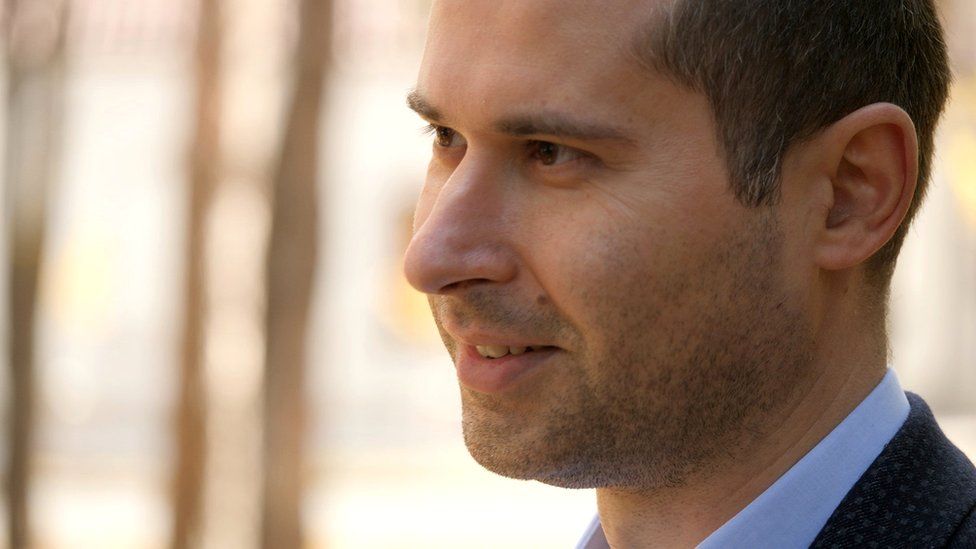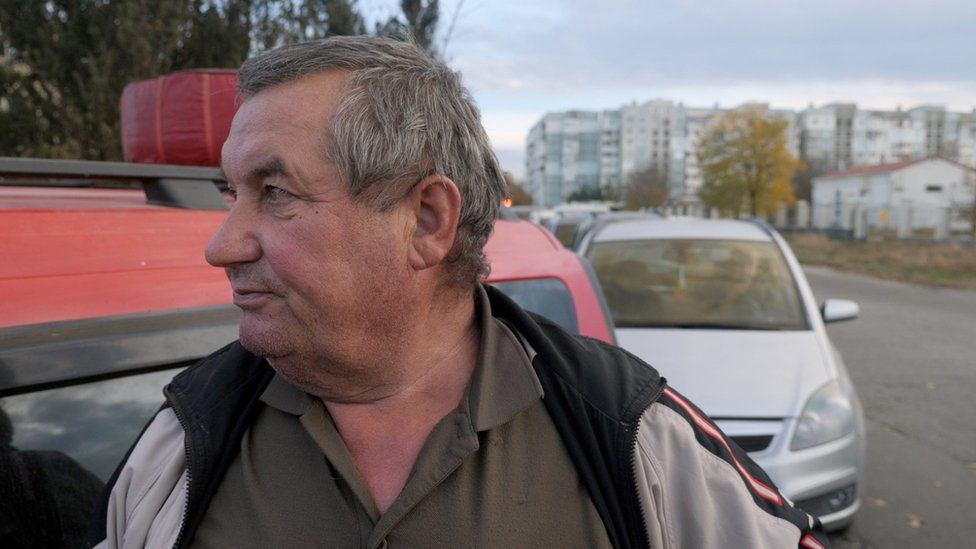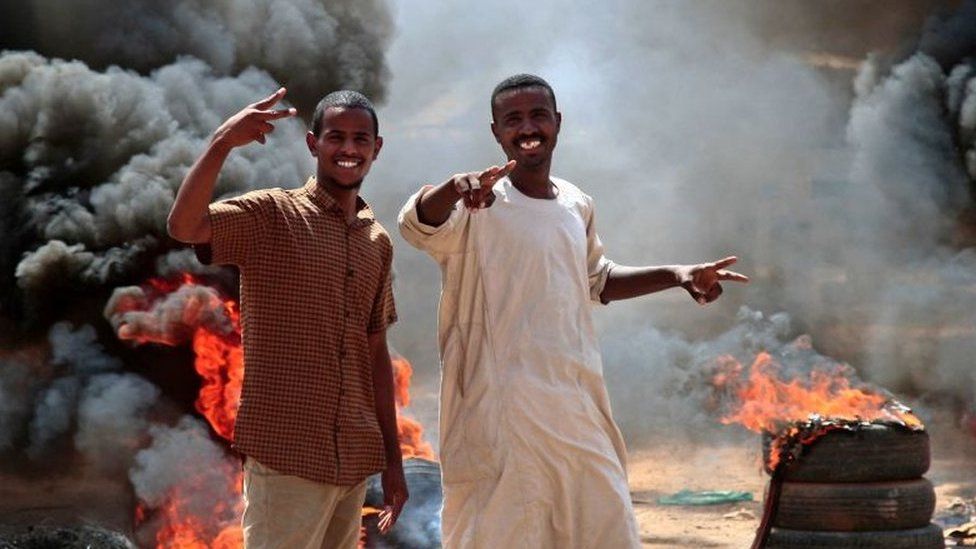The US military’s top officer has confirmed that China recently tested an advanced hypersonic weapon, calling it a “very significant” development to which Washington was giving close attention.
General Mark Milley, chairman of the US joint chiefs of staff, said the test of the nuclear-capable weapon was close to a “Sputnik moment” — referring to the start of the space race between the US and Soviet Union when the world’s first artificial satellite was launched by Moscow in 1957.
“What we saw was a very significant event of a test of a hypersonic weapon system. It is very concerning,” Milley told Bloomberg television.
“I don’t know if it’s quite a Sputnik moment, but I think it’s very close to that. So it is a very significant technological event or test that occurred by the Chinese, and it has all of our attention,” Milley added.
Milley is the first official to confirm a Financial Times report that China tested a nuclear-capable hypersonic weapon. On July 27, it launched a hypersonic glide vehicle — which travels at more than five times the speed of sound and can manoeuvre like the space shuttle — on a rocket.
The Long March rocket went into lower earth orbit before the glide vehicle at some point detached, re-entered the atmosphere and sped towards its target. The test marked the first time any country had sent a hypersonic weapon fully around the Earth.
The vehicle missed its target by roughly 24 miles. But three people familiar with the intelligence about the test who spoke to the FT said the Chinese weapons system at one point demonstrated a highly advanced capability — shocking the Pentagon because US military scientists do not understand how it was accomplished.
China used a technology called an “orbital bombardment system” to send the vehicle around the planet. The rocket system follows a lower trajectory than an intercontinental ballistic missile, which makes it harder for early-warning systems to detect. It can also come over the South Pole, whereas most US missile defence systems are aimed at attacks over the North Pole.
The FT also reported that China conducted a second secret hypersonic weapons test on August 13.
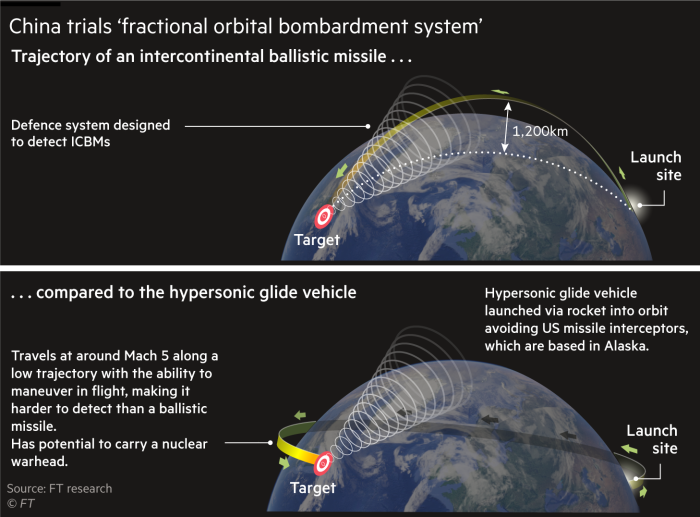
Members of Congress have called on the Pentagon to provide briefings about the launches. The tests came after senior US commanders had for months warned about China’s rapidly expanding nuclear forces.
Admiral Charles Richard, who oversees US nuclear forces as the head of Strategic Command, in April told Congress that China was engaged in a “remarkable expansion” of its nuclear forces and was aiming to become a nuclear peer by the end of the decade. Several months later, commercially obtained satellite imagery revealed that China was building hundreds of silos to house its land-based intercontinental ballistic missiles.
The revelations come as the Biden administration is conducting a “nuclear posture review” that will determine the future of US nuclear forces. Mike Gallagher, a Republican lawmaker, said he hoped the July 27 test would alert the administration about the threat from China.
“The Biden administration has said they want to reduce the role of US nuclear forces in our defense capabilities. That’s the exact opposite of what the Chinese Communist party is doing,” Gallagher told the FT. “I hope General Milley is making his concerns about this test clear to the president, because we can’t afford to be asleep at the wheel one second longer.”
Follow Demetri Sevastopulo on Twitter
https://news.google.com/__i/rss/rd/articles/CBMiP2h0dHBzOi8vd3d3LmZ0LmNvbS9jb250ZW50LzRhMzE3YjhjLWQ0MzMtNGY3NC05MWQ5LTBiZTQ3ZmMwZjA0YdIBAA?oc=5
2021-10-27 12:58:36Z
52781960754174
